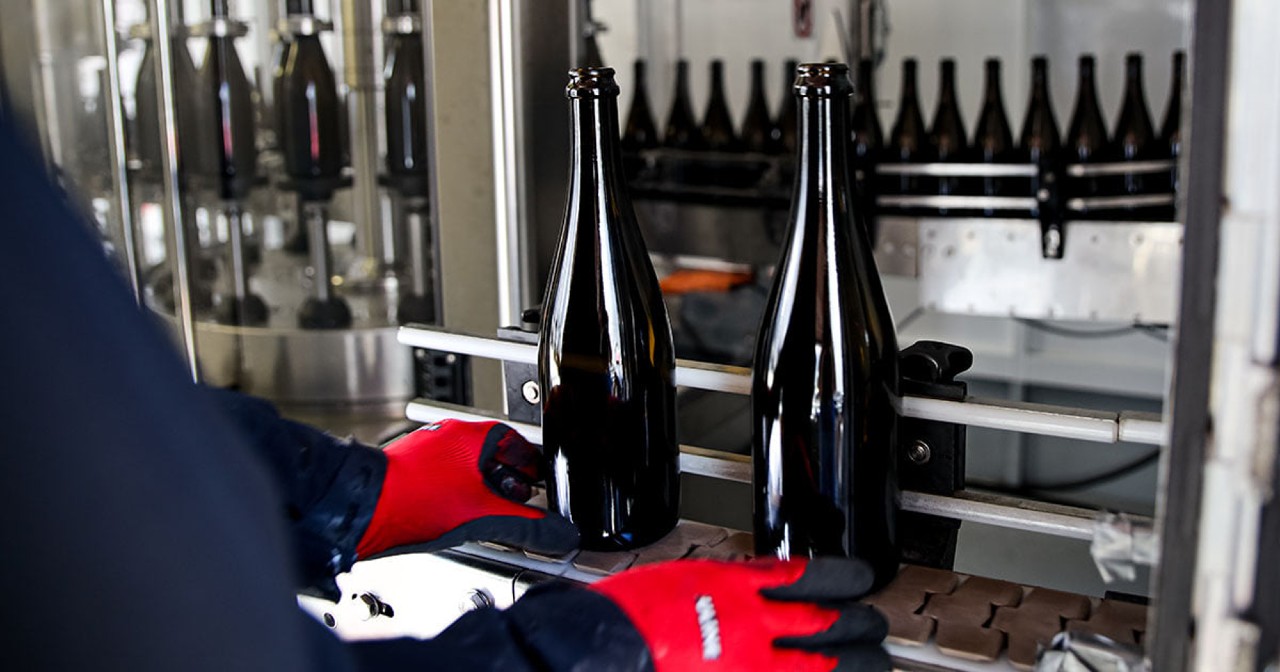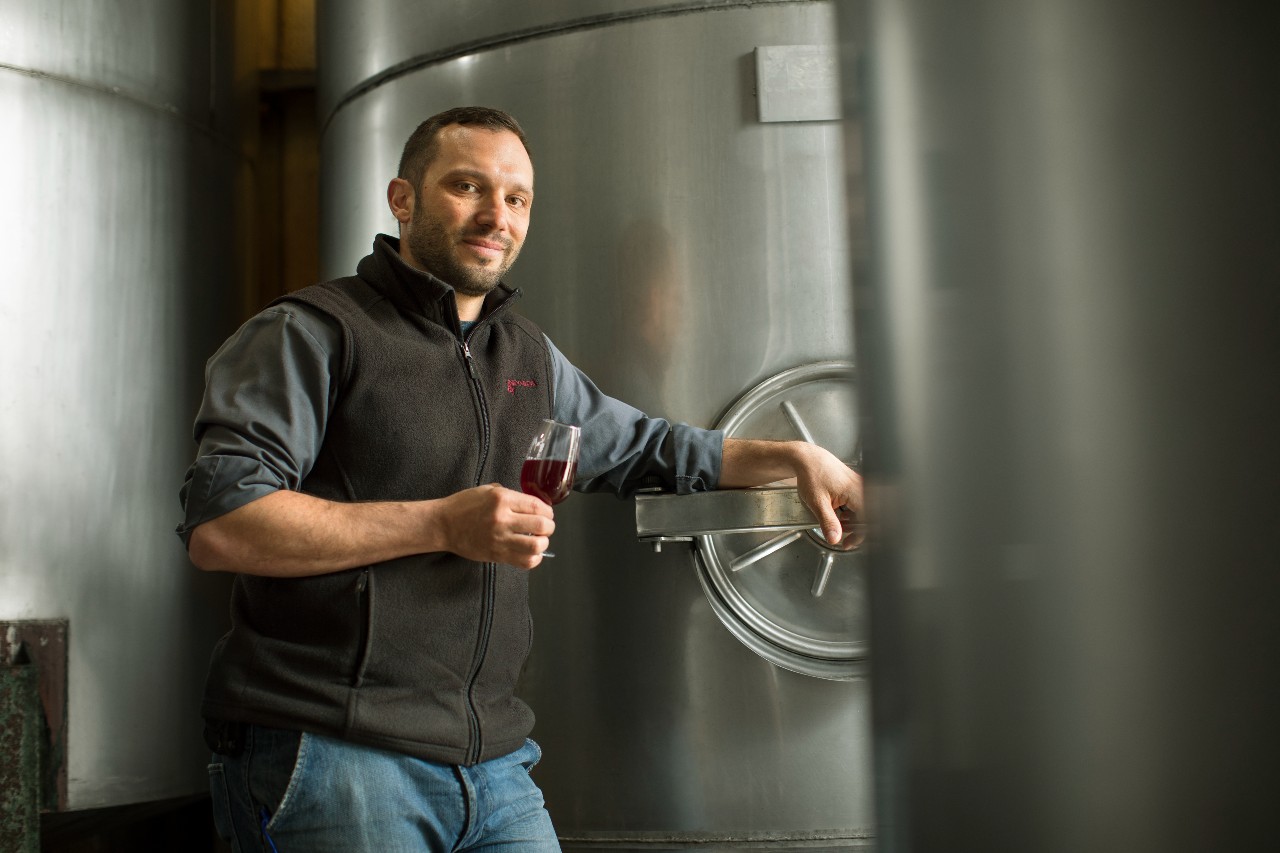The terms “great resignation” and “quiet quitting” are buzzwords employers are undoubtedly tired of hearing, but they’re nonetheless obstacles business owners who are trying to maintain a robust workforce have to navigate.
Karen Bonarrigo, chief administrative officer of Messina Hof, which has four locations scattered throughout Texas, acknowledged that staffing remained challenging in the post-COVID world and that her company stays in a hiring phase all year to fulfill the Texas winemaking business’s wide range of needs.
Retention is critical in all areas, she noted.
“We have a very wide company — vineyard management, wine production, DTC operations, warehousing, marketing and administration — and a range of hospitality areas that include restaurant services, lodging, and tasting room management,” Bonarrigo said. “Retention varies by department with hospitality often having the shortest retention compared to the more established wine production and administrative roles.”
Retention comes down, in part, to Messina Hof’s hiring process.
“Key positions go through multiple layers of interviews with various members of the company in order to ensure that we have the right manager for the job and someone who will fit with our company’s core values and truly join the family,” Bonarrigo said.
Bonarrigo said keeping employees happy, involved and engaged came down in part to make an effort to ensure they are an integral part of the Messina Hof family, and making sure they felt their feedback was welcome and being heard.
“Communication is key to ensure that expectations are clear between staff and management but also so that ideas and improvements can be expressed and implemented successfully,” Bonarrigo said. “Clear and consistent communication helps build trust and clear up misunderstandings. Once that is established, then solving issues becomes second nature for everyone as they pull together as a team.
“Ultimately, that is what moves the business forward and advances innovation.”
In Turner, Oregon, Willamette Valley Vineyards CEO Jim Bernau echoed the importance of employees having actual input and its relationship to job satisfaction.
“People will support what they help create,” Bernau said. “Including employees in the assessment of production and service and the creation of improvements or new innovations is the best way for them to feel valued and self-actualize. They take pride in the successes that come from their participation.
“Open book management allows employees to learn the ‘why’ behind decisions and what they individually or as a team needs to do to move the performance needle.”
Being consistent is also of ultimate importance, added Scott Swaldo, General Manager of Gervasi Vineyard in Canton, Ohio. Swaldo said Gervasi has worked to build a culture of employee recognition where employees recognize each other for good work as well as supervisors. He said the company also recognizes good work with employee appreciation parties, gift cards and other perks, such as inviting employees’ families to come and enjoy the benefits guests do.
“(Regarding culture), you can’t just come up with some kind of superficial program,” Swaldo said. “You have to live it at some point. It comes down to me and company leadership team showing care for our employees on a daily basis.”
Adjusting for Inflation
Cost of living pressures are monitored and wages are adjusted as needed at Messina Hof, Bonarrigo said, but most pay increases are tied to merit and tenure.
“We have extensive communication up and down the chain of command to collect feedback on issues, ideas, and needs of our team members,” she said. “Our benefit programs have expanded extensively over the years to take care of our staff and their families, and we have a number of nice-to-have perks that employees have access to throughout the year as well.”
Willamette Valley Vineyards has also embraced the hybrid of adjusting for cost of living and inflation but also rewarding employees for loyalty and good work.
Bernau said making pay competitive was especially important at the most entry-level positions, noting that the cost of gas, rent and higher grocery bills is felt heavily without a wage adjustment.
“We have been increasing pay to compensate for inflation (and more importantly alternative employer recruiting) and showing employees how they can make more if the company can make more,” Bernau said.
Swaldo said bonuses had been a boost for new employees at Gervasi, although the company isn’t a big fan of signing bonuses.
“I’m not a big fan of that because they could be gone in a month, and was that really successful?” Swaldo said. “We like to give them a bonus but do it at the end of the season or after some chunk of time, because that gets them to stay through a critical period and get rewarded for it, and they understand they’re helping do positive things.”
Being Zen About Attrition
Not every winery is worried about employees moving on.
Lost Oak Winery in Burleson, Texas, isn’t exactly sitting on any kind of wine trail (like Messina Hof, which has a location in Fredericksburg, Texas) or in a bustling wine country (like Willamette Valley Vineyards), and that’s something that can play to its advantage with regard to staffing, President Roxanne Myers said.
“We’re hiring in the Dallas-Fort Worth area, so if you want to get into the wine and wine-making industry, there are only a couple of people who make as much wine as we do in north Texas,” Myers said. “And you may have family and may not want to move from the DFW area. So that’s advantageous. We don’t always get the skill set because we’re not a Mecca of winemaking. Still, as the industry grows, there’s more interest in it.”
Attrition isn’t something Myers loses much sleep over.
“What can I say? I want to build and grow a team, but if the members of that team leave and go work for somebody else because they want to get even more experience with another winery, I think that’s a positive thing,” she said. “At some point, exiting is good, and if it’s good for them, it’s good for us.”







Be the first to comment